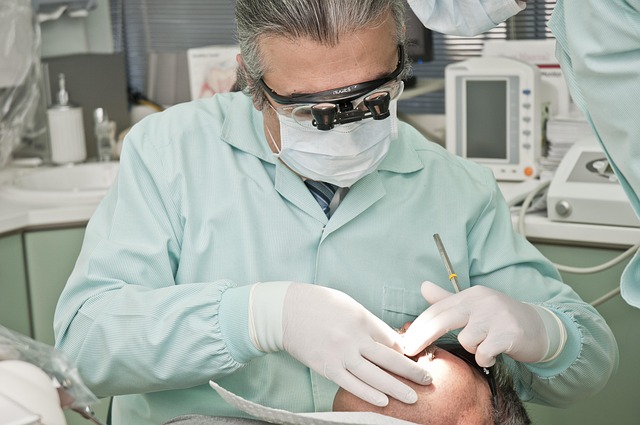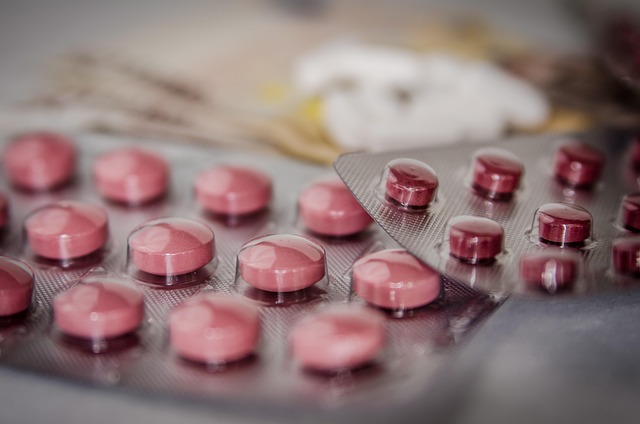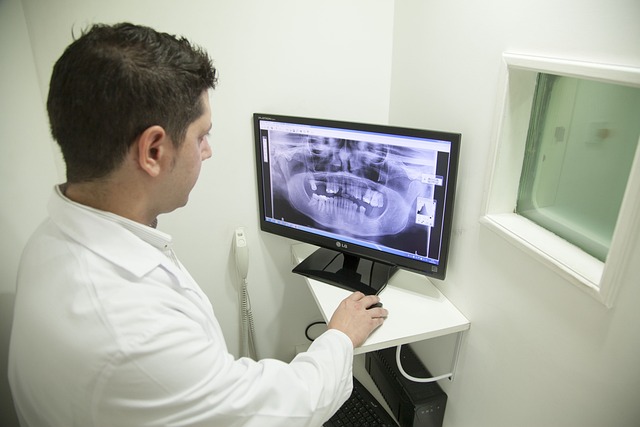
Hormonal Changes
Understanding Hormonal Changes
Hormonal changes are a natural part of human physiology, influencing various aspects of health and well-being. These changes can occur at different life stages, such as puberty, menstruation, pregnancy, and menopause, and can significantly affect physical and emotional health. This article aims to explore the nature of hormonal changes, their causes, and their effects on the body.
The Role of Hormones
Hormones are chemical messengers produced by glands in the endocrine system. They regulate numerous bodily functions, including metabolism, growth, mood, and reproductive processes. Key hormones involved in these processes include estrogen, progesterone, and testosterone.
Hormonal Changes During the Menstrual Cycle
The menstrual cycle is a prime example of hormonal fluctuation. Typically lasting about 28 days, this cycle involves a complex interplay of hormones that prepare the body for potential pregnancy.
- Follicular Phase: This phase begins on the first day of menstruation and lasts until ovulation. During this time, estrogen levels rise, stimulating the growth of the uterine lining.
- Ovulation: Mid-cycle, a surge in luteinizing hormone (LH) triggers the release of an egg from the ovary. Estrogen levels peak just before ovulation.
- Luteal Phase: After ovulation, progesterone levels increase, further preparing the uterine lining for a fertilized egg. If pregnancy does not occur, hormone levels drop, leading to menstruation.
These hormonal shifts can lead to various symptoms, including mood swings, bloating, and changes in skin condition, such as acne.
Hormonal Changes During Pregnancy
Pregnancy induces significant hormonal changes to support fetal development. The body produces higher levels of estrogen and progesterone, which help maintain the pregnancy and prepare the body for childbirth. However, these hormonal fluctuations can also lead to challenges, such as pregnancy-related acne, which some women experience due to increased oil production.
Menopause and Hormonal Changes
Menopause marks the end of a woman's reproductive years and is characterized by a decline in estrogen and progesterone levels. This transition can lead to various symptoms, including hot flashes, mood changes, and weight gain. Some women may also experience postmenopausal acne, which is attributed to hormonal imbalances as the body adjusts to lower estrogen levels.
Hormonal Imbalance and Health Implications
Hormonal imbalances can have far-reaching effects on health. Conditions such as polycystic ovary syndrome (PCOS) and thyroid disorders can disrupt normal hormonal function, leading to symptoms like irregular menstrual cycles, weight gain, and skin issues. Addressing the underlying causes of hormonal imbalances is crucial for restoring health and well-being.
Treatment Options for Hormonal Imbalances
For individuals experiencing hormonal imbalances, various treatment options are available. Hormonal birth control methods, such as pills, patches, and intrauterine devices (IUDs), can help regulate menstrual cycles and alleviate symptoms associated with hormonal fluctuations. Additionally, lifestyle changes, including a balanced diet and regular exercise, can support hormonal health.
Conclusion
Understanding hormonal changes is essential for recognizing their impact on health and well-being. By being aware of these changes and their effects, individuals can take proactive steps to manage their health effectively. Whether through medical intervention or lifestyle adjustments, addressing hormonal changes can lead to improved quality of life.
















 Why Rigid Wheelchairs Are the Real MVPs
Why Rigid Wheelchairs Are the Real MVPs 
 Health
Health  Fitness
Fitness  Lifestyle
Lifestyle  Tech
Tech  Travel
Travel  Food
Food  Education
Education  Parenting
Parenting  Career & Work
Career & Work  Hobbies
Hobbies  Wellness
Wellness  Beauty
Beauty  Cars
Cars  Art
Art  Science
Science  Culture
Culture  Books
Books  Music
Music  Movies
Movies  Gaming
Gaming  Sports
Sports  Nature
Nature  Home & Garden
Home & Garden  Business & Finance
Business & Finance  Relationships
Relationships  Pets
Pets  Shopping
Shopping  Mindset & Inspiration
Mindset & Inspiration  Environment
Environment  Gadgets
Gadgets  Politics
Politics 